Carlos Ghosn defends himself in public
The world has been waiting to hear from the fugitive businessman, and on a stormy night in Beirut, he delivered his impassioned defence

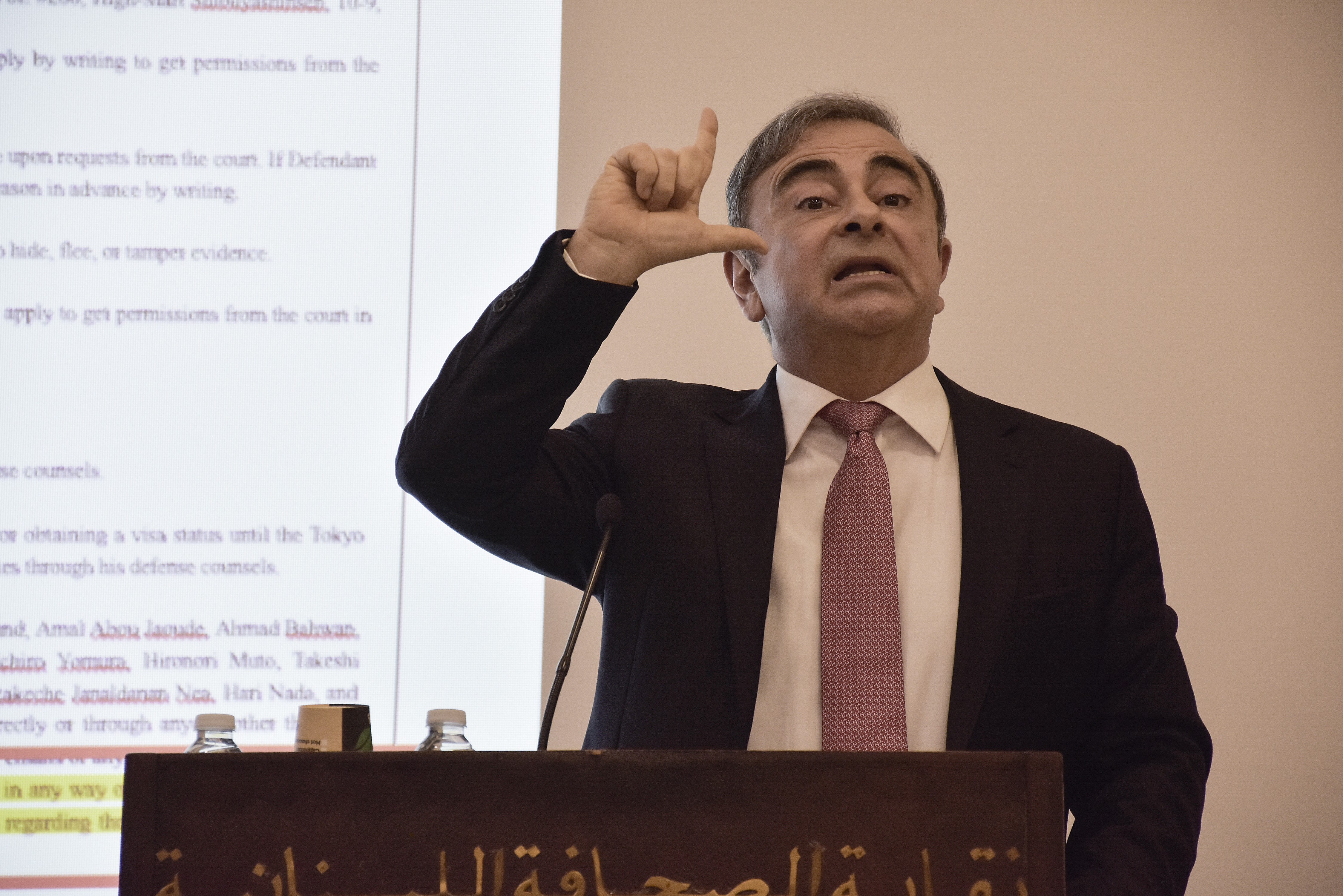
A free daily email with the biggest news stories of the day – and the best features from TheWeek.com
You are now subscribed
Your newsletter sign-up was successful
The former Nissan CEO Carlos Ghosn delivered a highly anticipated presentation in front of reporters in Beirut yesterday, following his audacious escape from Japan last week.
Ghosn, gesticulating emphatically and occasionally swearing, used his podium to excoriate the Japanese justice system and his treatment under its authority, and describe how he was a victim of corporate coup “by a handful of malevolent actors to destroy my reputation and impugn my character.”
The former CEO had been awaiting trial since his arrest in November 2018, but fled dramatically on 30 December, breaking bail, and infuriating Japanese authorities.
The Week
Escape your echo chamber. Get the facts behind the news, plus analysis from multiple perspectives.

Sign up for The Week's Free Newsletters
From our morning news briefing to a weekly Good News Newsletter, get the best of The Week delivered directly to your inbox.
From our morning news briefing to a weekly Good News Newsletter, get the best of The Week delivered directly to your inbox.
The heart of Ghosn’s defence is that he is the victim of collusion between Nissan, the Japanese government, and prosecutors who sought to bring him down because of his plans to deepen the alliance between Nissan and Renault.
“Some of our Japanese friends thought the only way to get rid of the influence of Renault over Nissan was to get rid of me, and, unfortunately, they were right,” he said. “The collusion between Nissan and prosecutors is everywhere. The only people who don’t see it, maybe, are the people in Japan.”
Ghosn also condemned his detention under Japanese justice - a “corrupt and hostile system that presumed my guilt from day one.”
The auto executive is now the subject of an interpol “red notice”, officially designating him a fugitive from justice, but during his presentation, which went on for more than two hours, he was defiant.
A free daily email with the biggest news stories of the day – and the best features from TheWeek.com
“I did not escape justice, I fled injustice and political persecution,” he said, launching an impassioned defence of his conduct and describing the emotional toll caused by forced separation from his family - his wife Carole in particular.
To the frustration of many, Ghosn refused to give details of his escape from under the noses of his Japanese captors, but did touch upon his motivation. He realised “you’re going to die in Japan or you’re going to have to get out,” he said.
“When I’ve seen that I couldn’t see Carole, and I didn’t have any horizon to see my wife and have a normal life, I said, ‘What’s left? What’s left? I have to leave; I have nothing here.’”
Reports have suggested his escape involved former special forces disguised as musicians, a bullet train from Tokyo, and an elaborate getaway from a private jet terminal while hidden inside a musical equipment box.
Ghosn, however, implied that any detailed depiction of his escape could jeopardise those who helped him. ”I need to, as much as possible, protect them.”
Nevertheless, he said, “freedom, no matter the way it happens, is always sweet.”
Instead, what he offered “was part corporate presentation, part legal defence, part rambling tirade,” says The New York Times, with the businessman setting out “a wide-ranging and sometimes hard-to-follow defence against the charges that Japanese prosecutors had leveled against him. He attacked the authorities in Tokyo as well as executives at Nissan.”
“While his condemnation of Japan’s justice system was raw and convincing, his earlier claims that he would present hard evidence of collusion between Nissan and the government to bring him down did not immediately emerge,” says The Financial Times. “He claimed he would maintain his silence on the names of Japanese government officials out of courtesy for Lebanon’s diplomatic ties with the country, but some inside Japan questioned whether he had any direct evidence of government involvement.”
–––––––––––––––––––––––––––––––For a round-up of the most important business stories and tips for the week’s best shares - try The Week magazine. Get your first six issues free–––––––––––––––––––––––––––––––
Soon after Ghosn finished his presentation, Japanese Minister of Justice Masako Mori released a statement defending her countries penal system.
Ghosn, she said, could have filed a suit if he felt the conditions of his detention were unacceptable, and overall the Japanese justice system - which finds over 99% of defendants guilty - is sufficient to “clarify the truth in cases while guaranteeing basic individual human rights.”
“Each nation’s criminal justice system has its roots in its history and culture, being formulated and developed over a long period of time,” she said. “There is no superiority or inferiority among legal systems of different countries.”
“The court released defendant Ghosn on bail because he promised to comply with the bail conditions that he must not hide/run away or travel abroad, but he fled Japan and ran away from his criminal trial. Such action would not be condoned under any nation’s system,” Mori said.
In response to the Interpol red notice, Ghosn has been summoned to an interview with Lebanon’s State Prosecutor Judge Ghassan Oueidat, which is due to take place today.
At the presentation Ghosn said he was willing to go to court “anywhere I can be guaranteed a fair trial.” He specified countries where he holds a passport - France, Lebanon, or Brazil - none of which extradite their citizens to Japan.
William Gritten is a London-born, New York-based strategist and writer focusing on politics and international affairs.
-
 The Olympic timekeepers keeping the Games on track
The Olympic timekeepers keeping the Games on trackUnder the Radar Swiss watchmaking giant Omega has been at the finish line of every Olympic Games for nearly 100 years
-
 Will increasing tensions with Iran boil over into war?
Will increasing tensions with Iran boil over into war?Today’s Big Question President Donald Trump has recently been threatening the country
-
 Corruption: The spy sheikh and the president
Corruption: The spy sheikh and the presidentFeature Trump is at the center of another scandal
-
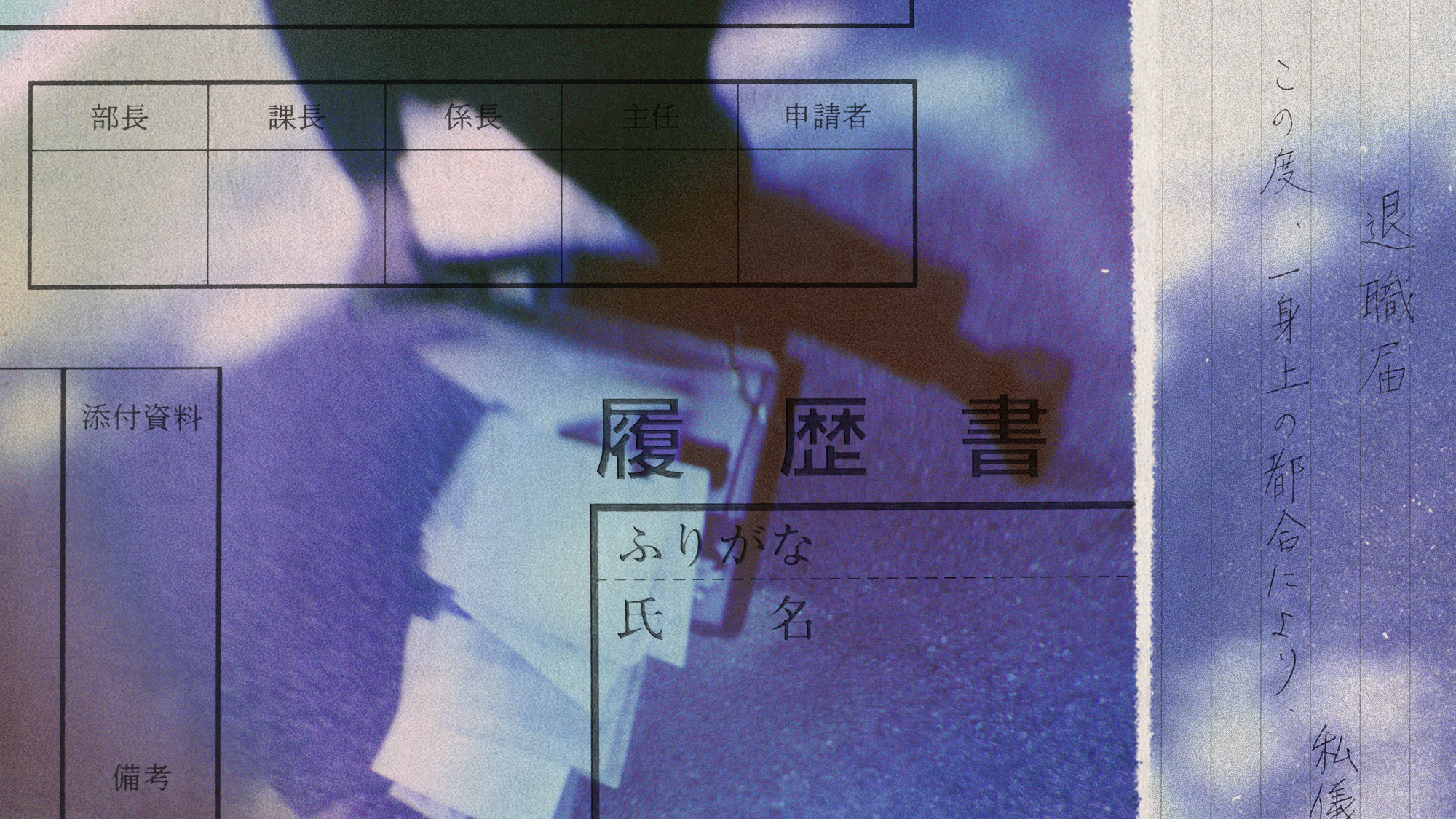 Why quitting your job is so difficult in Japan
Why quitting your job is so difficult in JapanUnder the Radar Reluctance to change job and rise of ‘proxy quitters’ is a reaction to Japan’s ‘rigid’ labour market – but there are signs of change
-
 Why Saudi Arabia is muscling in on the world of anime
Why Saudi Arabia is muscling in on the world of animeUnder the Radar The anime industry is the latest focus of the kingdom’s ‘soft power’ portfolio
-
 The Japanese salarymen with a side hustle as cheerleaders
The Japanese salarymen with a side hustle as cheerleadersUnder The Radar 'Suited and booted' Cheer Re-Man's cheer squad are 'injecting high-flying excitement' into Japan's business world
-
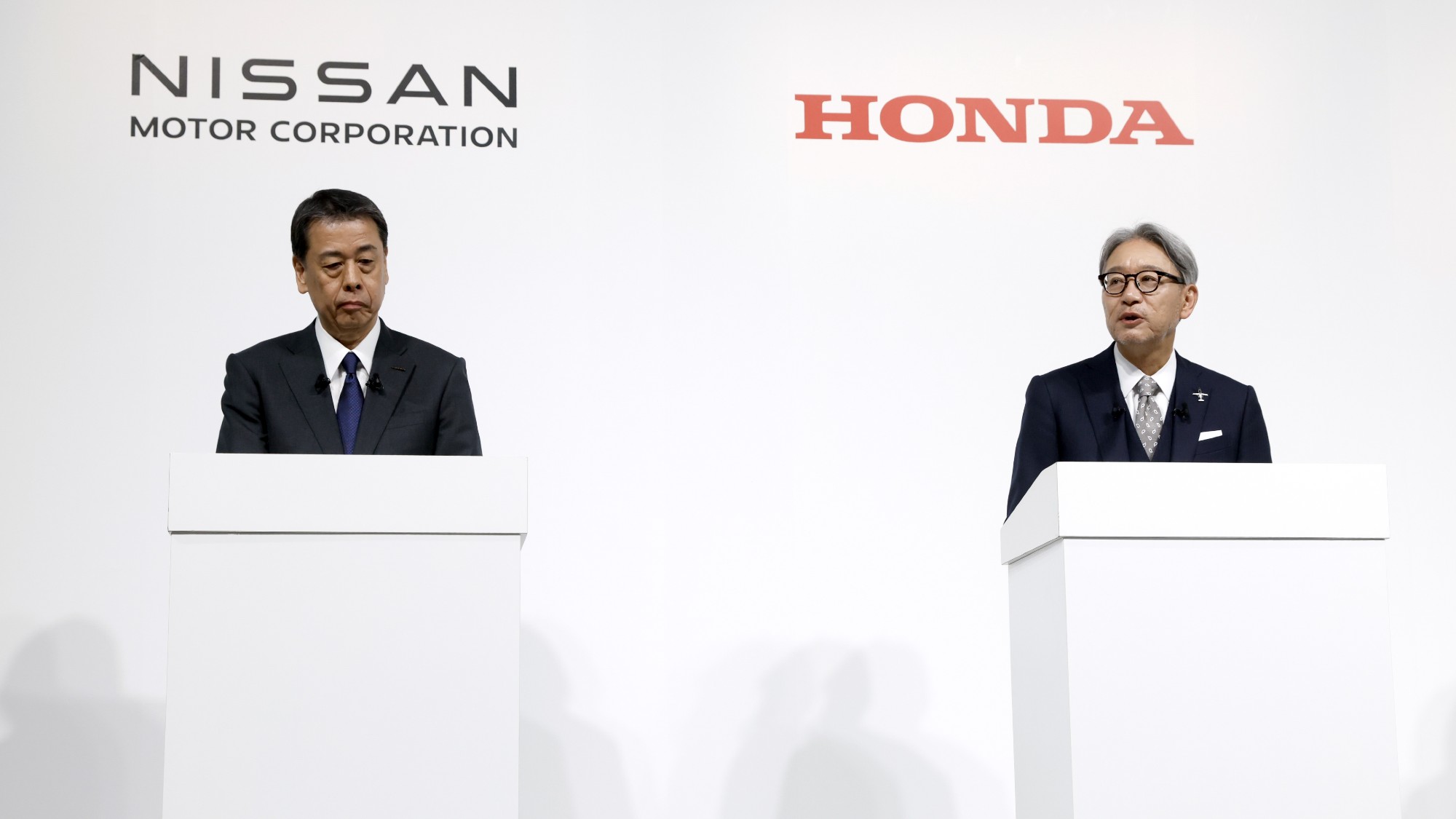 What went wrong at Nissan?
What went wrong at Nissan?In the Spotlight And will a merger with Honda make the difference?
-
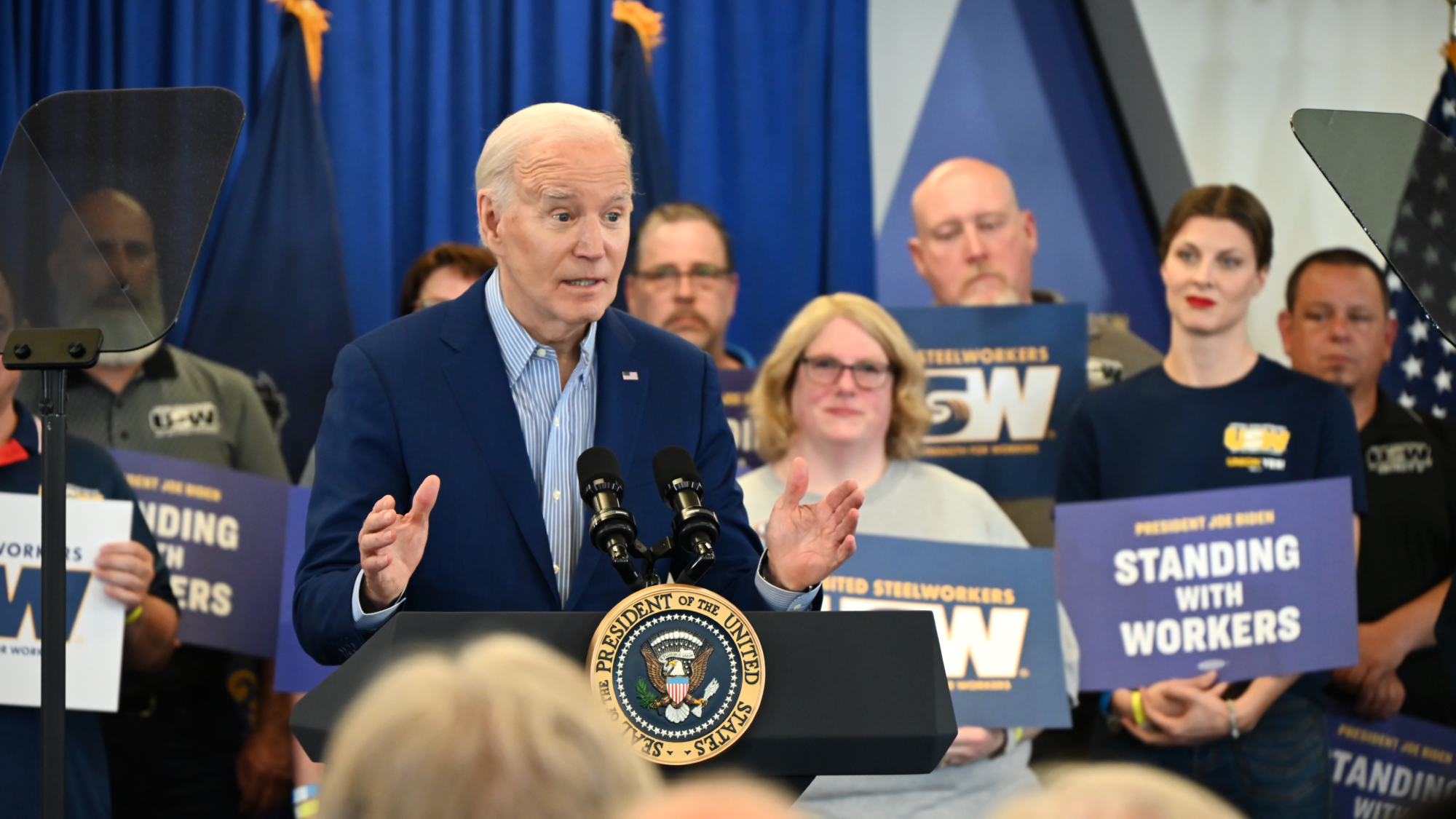 Biden expected to block Japanese bid for US Steel
Biden expected to block Japanese bid for US SteelSpeed Read The president is blocking the $14 billion acquisition of U.S. Steel by Japan's Nippon Steel, citing national security concerns
-
 The government's growing concern over a potential US Steel takeover
The government's growing concern over a potential US Steel takeoverIn the Spotlight Japan's largest steelmaker, Nippon Steel, is attempting to buy the company
-
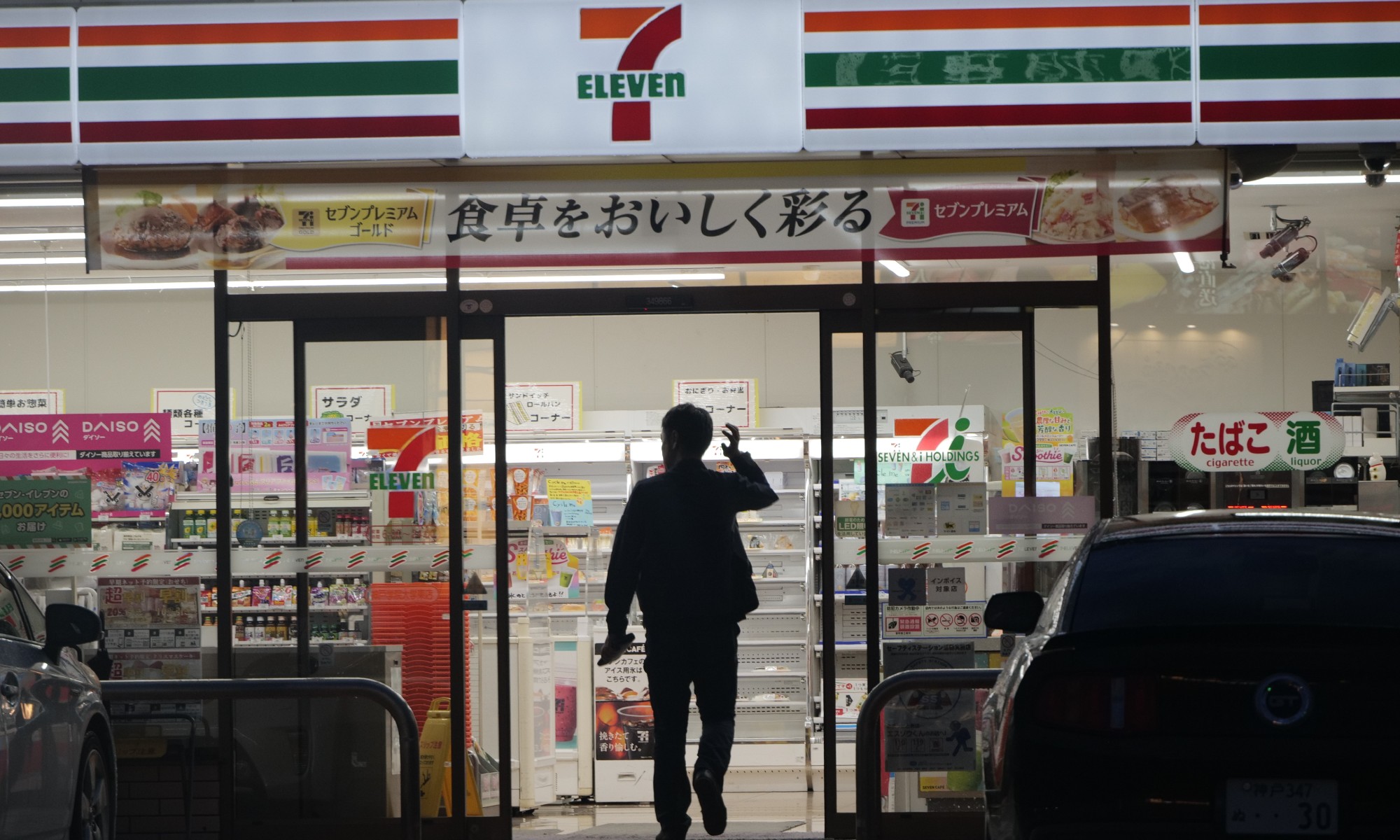 Canadian takeover bid for Japan's 7-Eleven could change how the Asian country does business
Canadian takeover bid for Japan's 7-Eleven could change how the Asian country does businessIn the Spotlight Would a foreign company upend konbini culture?
-
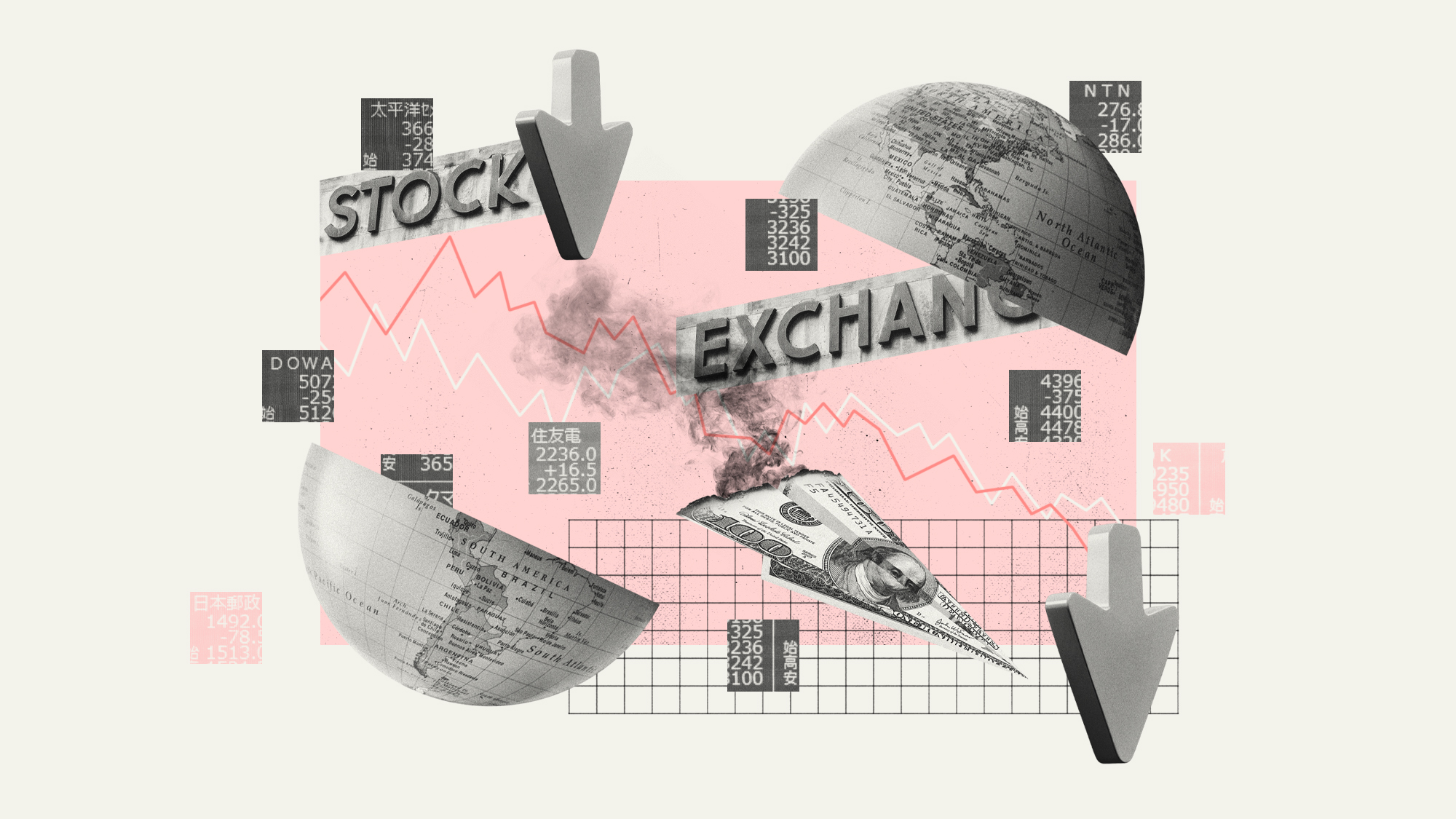 Why are global stock markets plunging?
Why are global stock markets plunging?Today's Big Question Europe, Asia and Wall Street have all suffered big falls after US economy data spooked investors
